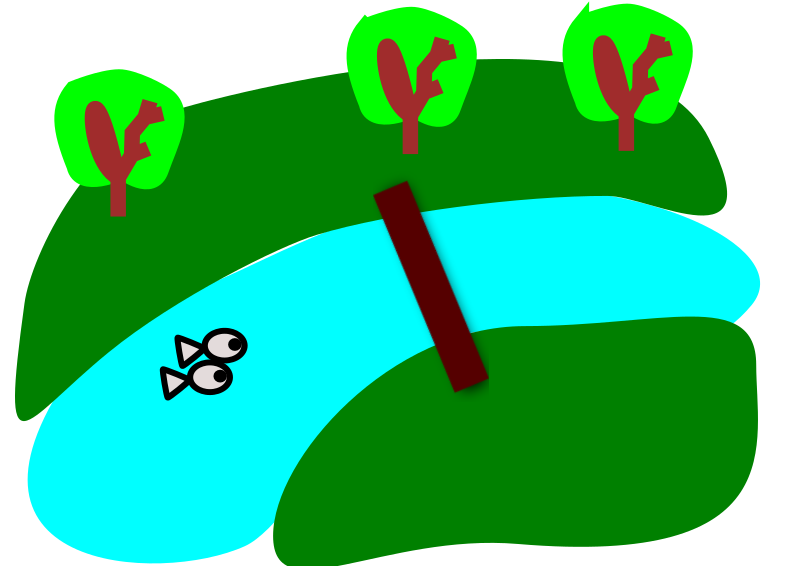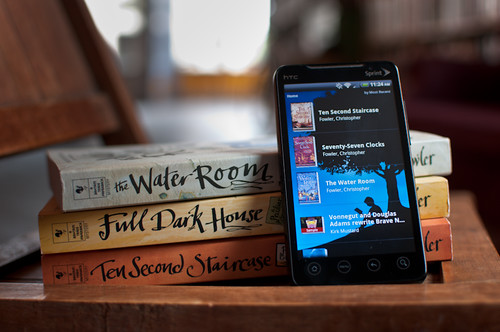When two words are shoved together to make a brand-new word, it's known as making a bastardized (or corrupted) word. If the word catches on, it becomes a part of common language. But when is it okay to use these corrupted words in your books?
Why, I Oughtta
Gonna is one of the most common corrupted words. It's real meaning is used like "going to," as in "I'm gonna finish this blog post soon." This is an example of a true corrupted word, with letters just shoved together to form a whole. The new word is spelled the way it sounds, as is often the case with corrupted language. Emcee is another example. It's a bastardization of MC, which stands for master of ceremonies.
We use corrupted words so much, in fact, that it can be hard to keep track of which words are bastardized and which are not. When you face one of these corrupted words in the pages of your manuscript, what should you do?
Proper English
Words like
gonna appear in everyday conversation all the time, along with other corrupted words like
c'mon and
oughtta. And when they appear within the
dialogue of your books, it's okay to use them because that's how people talk. But your character should not be thinking
gonna or
oughtta; they should be thinking
going to and
ought to.
Bastardized words can, and in some cases, should, be in your dialogue. But in the rest of your prose? Proper English is always called for.

























